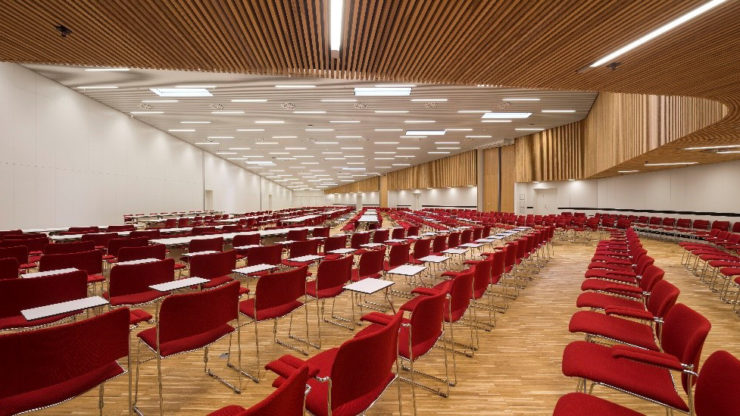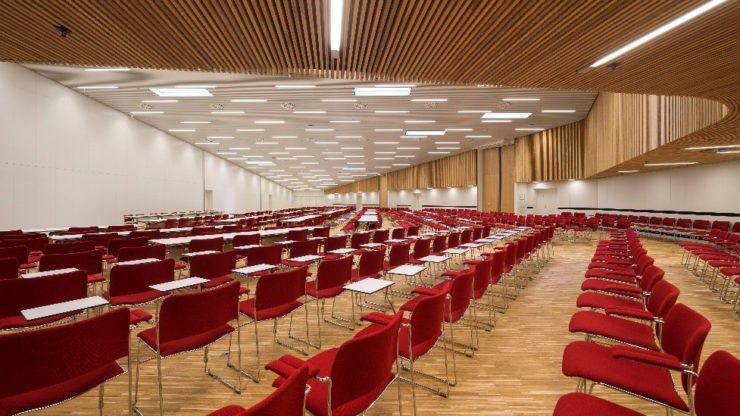Over 500 participants today joined the sixth version of the biannual BEHAVE conference on energy efficiency and behaviour change.
BEHAVE provides a unique forum to share ideas and experiences in promoting effective solutions for energy efficiency improvements and climate mitigation.
The event is organised by UNEP DTU Partnership and EnR (European Energy Network), and was originally planned to be held during 21-23 October 2020 but postponed to April 2021 due to COVID-19 impacts.
Over three days, over 100 speakers will present their latest research on the application of behavioural insights and interventions in various policies and programs regarding energy efficiency in commercial and residential buildings, among households and businesses, for transport, digital solutions, as well as climate change mitigation, adaptation, and green development.
We need changes in behaviour
In the opening session, UNEP DTU Partnership director Susanne Pedersen pointed to the key role the energy transition plays in our efforts to reach a carbon neutral world.
With emissions almost back to pre COVID levels, and energy demand growing more than ever, a shift to renewables and increased energy efficiency must be key objectives, she said.
For that to happen we need changes in lifestyle and consumer behaviour changes. This is especially true if we are to reach the ambitious goals for energy efficiency that are needed to achieve the targets in the Paris Agreement.
Susanne Pedersen ended her opening remarks by inviting all stakeholders to participate in a fruitful dialogue and linking the BEHAVE conference to the Danish leadership towards SDG7 and on the energy transition track of the upcoming UN High Level Dialogue on Energy in September 2021
The call for further dialogue and collaboration was also echoed by the director of ADAME (French energy agency) and president of EnR, Arnaud Leroy, who pointed out, that energy agencies can learn from social sciences and research institutions.
If it doesn’t sell, it doesn’t matter
To achieve the SDGs by 2030 and net-zero emissions by 2050, we need energy efficiency to take a much more central role in our policies, strategies and behaviours. This was one of the main messages of Mark Radka, chief of UNEP’s Energy Branch in his opening remarks.
By designing effective policies and schemes that focus on shifting our everyday behaviours toward more sustainable outcomes, we can ensure a global transition to sustainable, energy efficient, climate friendly energy systems, he said.
It is not enough to develop new green solutions, he pointed out. We need to step up our efforts both at policy and behavioural levels and make sure energy efficiency is better integrated in our daily lives.
Because no matter how sustainable a good or service is – if it doesn’t sell it doesn’t matter.
Research based climate action
The BEHAVE conference is part of UNEP DTU Partnership’s work on developing and disseminating the latest research, knowledge and best practices to accelerate the green growth and sustainable energy transition. To promote cost-effective and socially inclusive approaches for climate change mitigation and adaptation.

